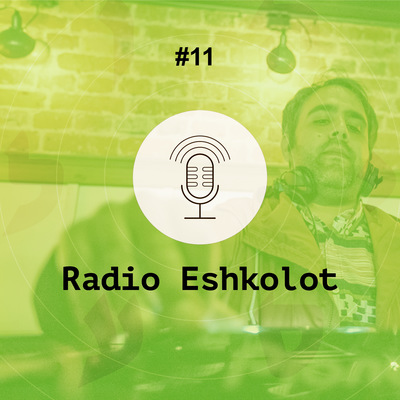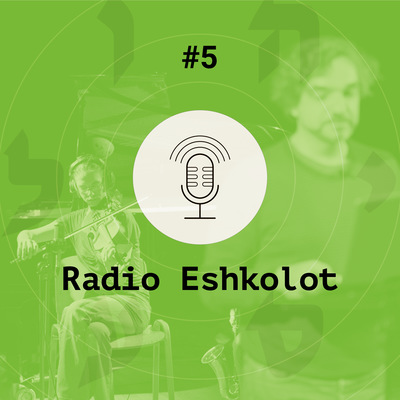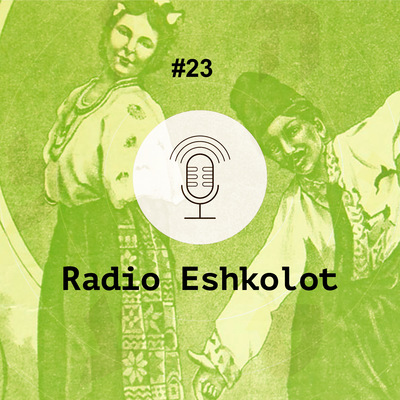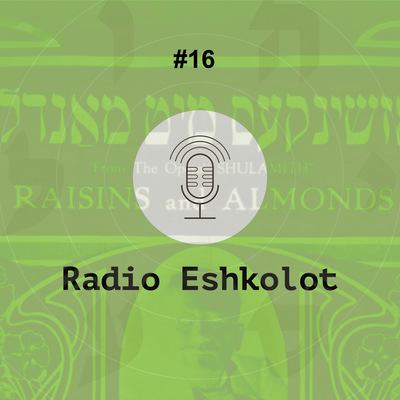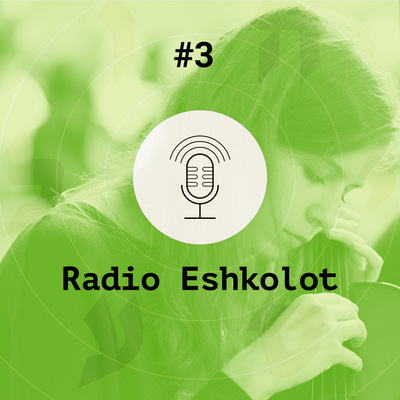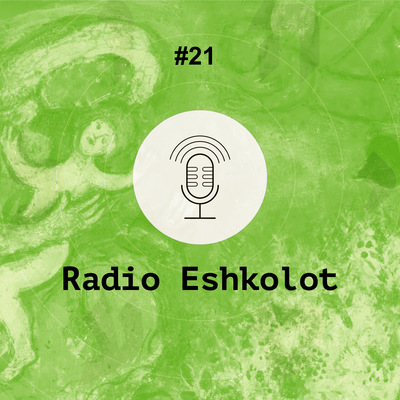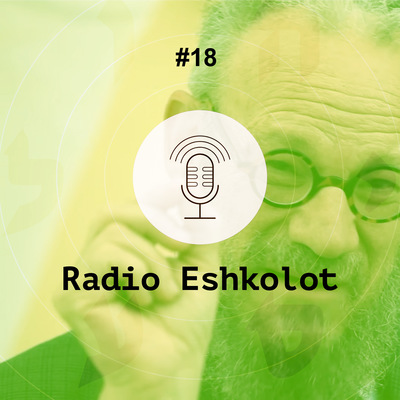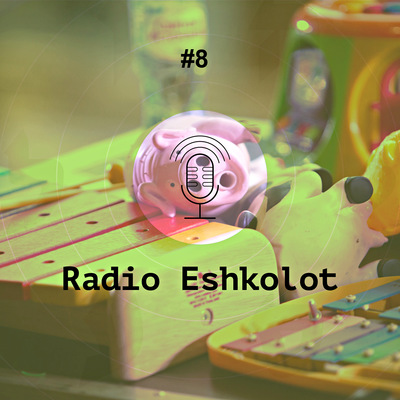Czas trwania książki 31 min.
12+
O książce
Почему у евреев до XIX века не было «народных песен» и кто их «изобрел»? Значит ли это, что евреи помимо молитв ничего не пели? А если пели, то что и где? Откуда в самой известной еврейской колыбельной появился изюм и миндаль? Как черепица может превратиться в козу? Об истории, поэтике и музыке еврейских народных песен на примере знаменитой колыбельной «Рожинкес мит мандлен» («Изюм с миндалем») рассказывает в новом эпизоде Radio Eshkolot израильский музыковед Михаэль Лукин. Why Jewish «folk songs» were «invented» in the 19th century? Does it mean the Jews did not sing outside the synagogue before? And if they did, then when and where? How do raisins and almonds appear in the most popular Ashkenazi lullaby? How can a roof tile turn into a goat? Israeli musicologist Michael Lukin talks about the famous «Rozhinkes mit mandlen» – and through it about the history, poetics and music of Jewish folk songs – in the new episode of Radio Eshkolot podcast. Musical examples:00:10 – 03:22 Rozhinkes mit mandlen (A. Goldfaden), Lakocha (vocals: Ludmila Orlova)05:30 – 06:11 Rozhinkes mit madlen (ethnographic recordings of 1970s, made in Israel by Herzliya Raz)28:41 – 31:58 Rozhinkes mit mandlen (A. Goldfaden), Lakocha and Anna Smirnitskaya

